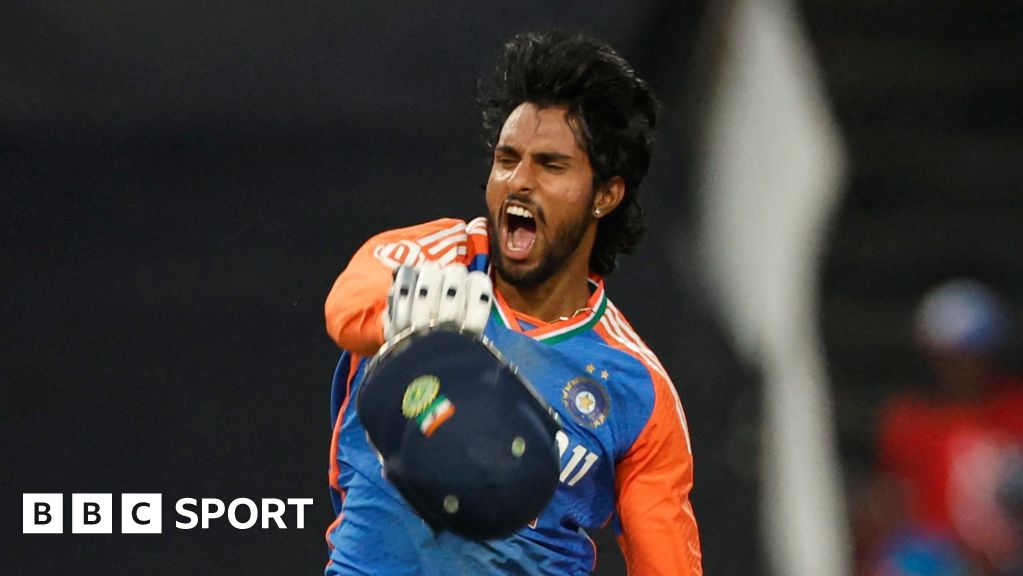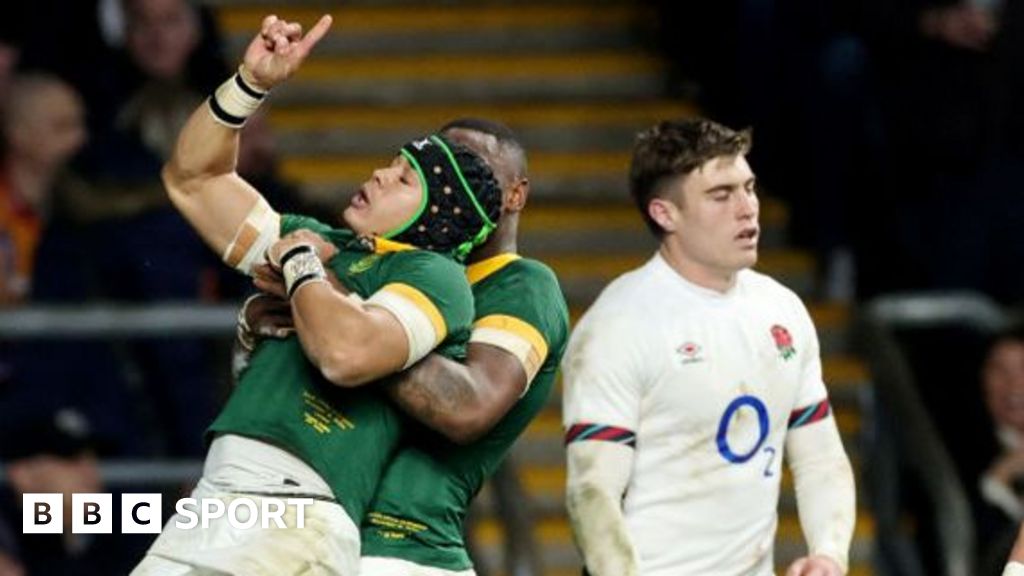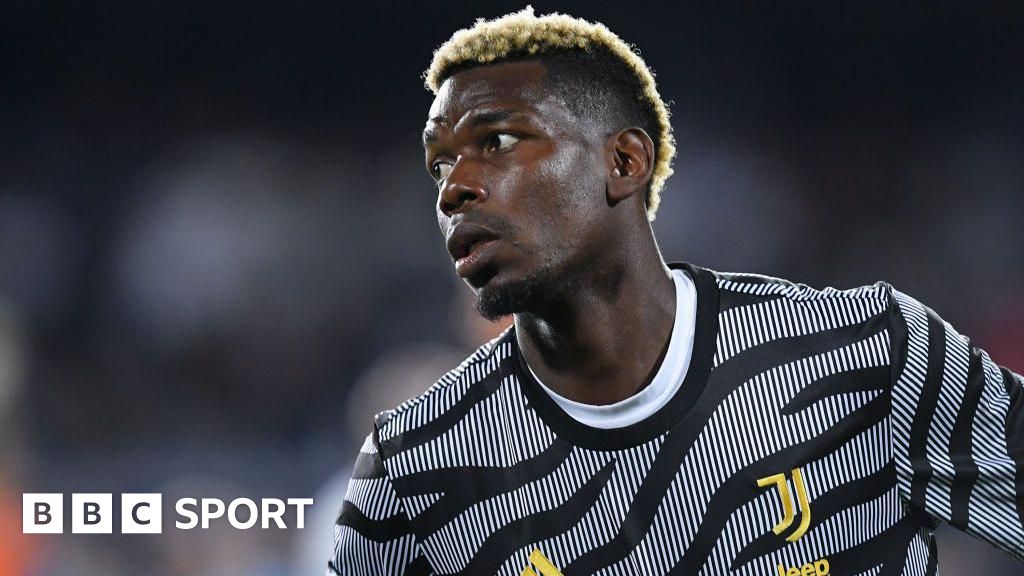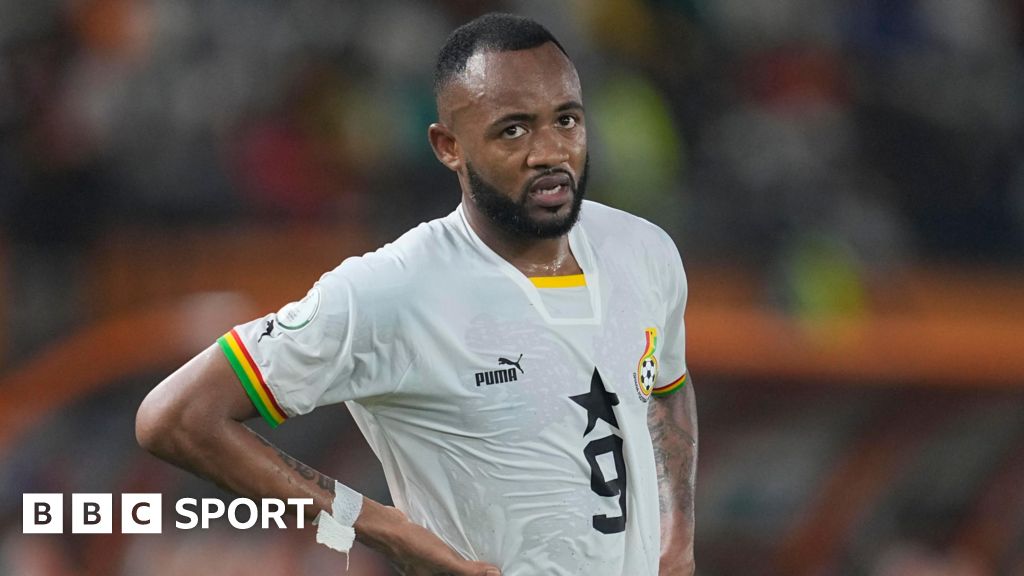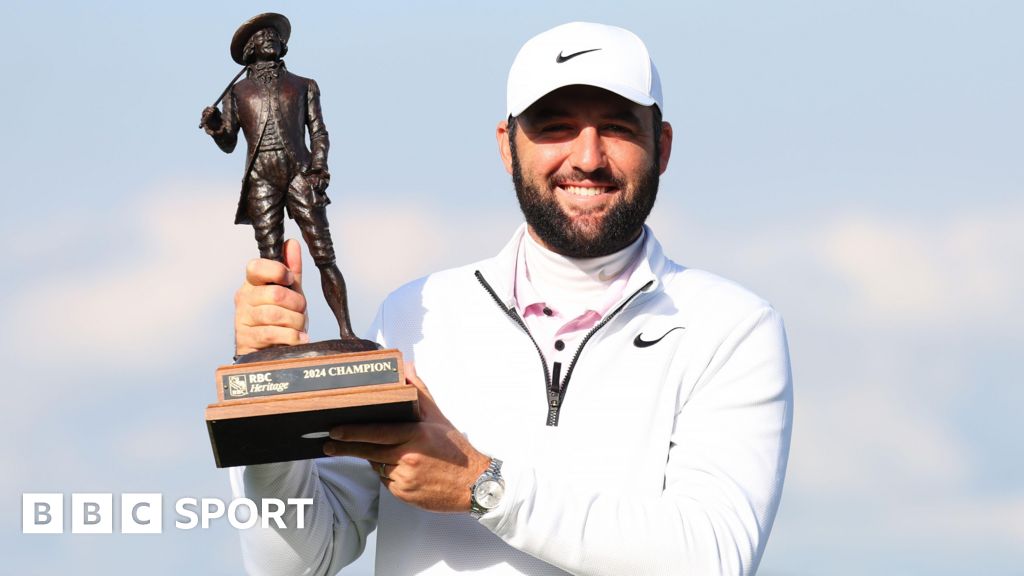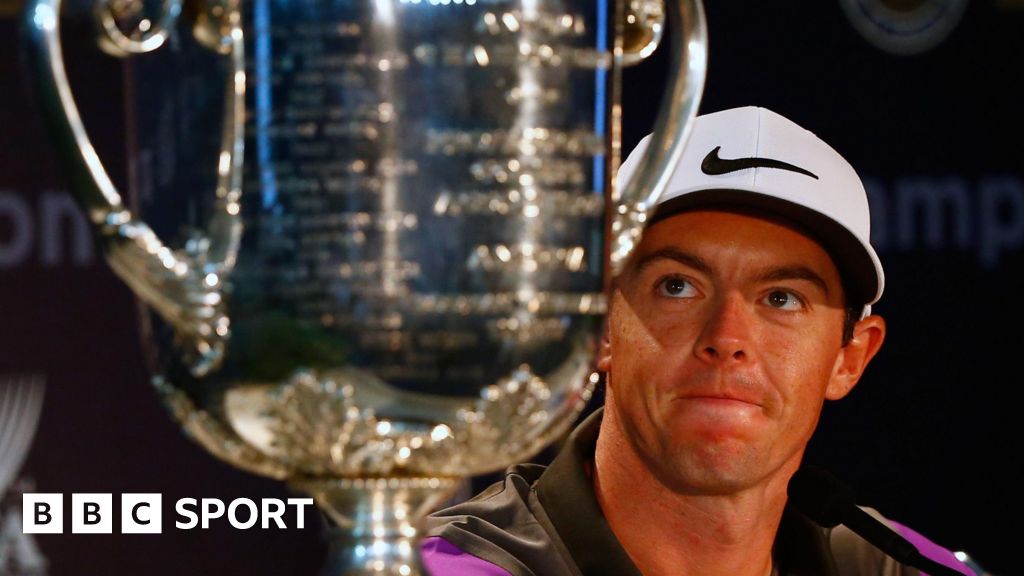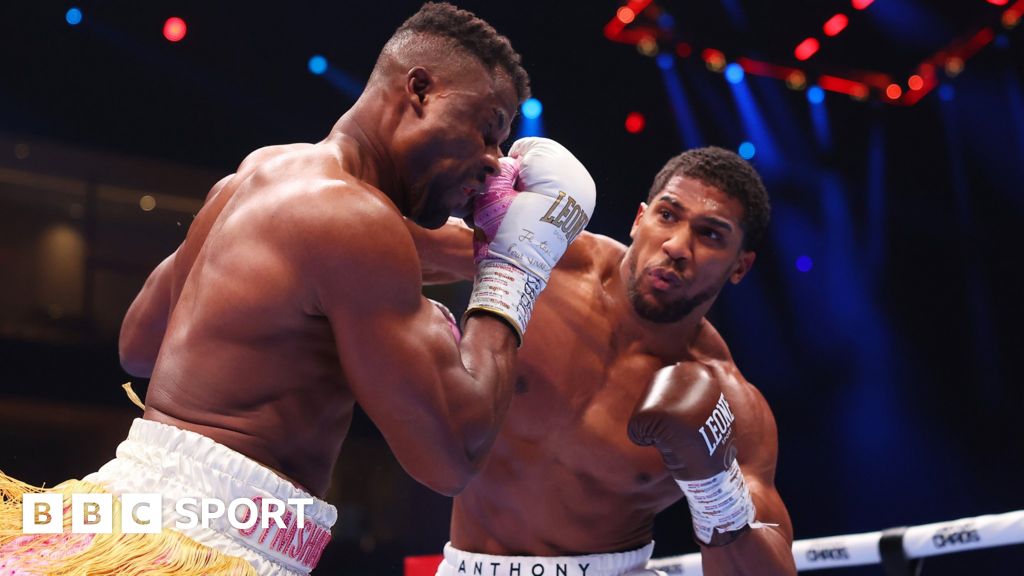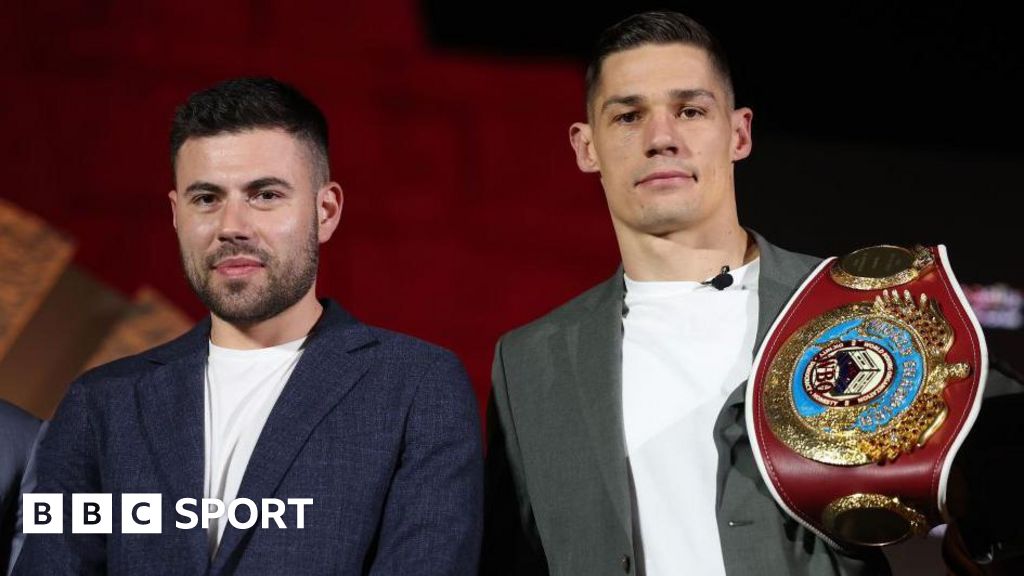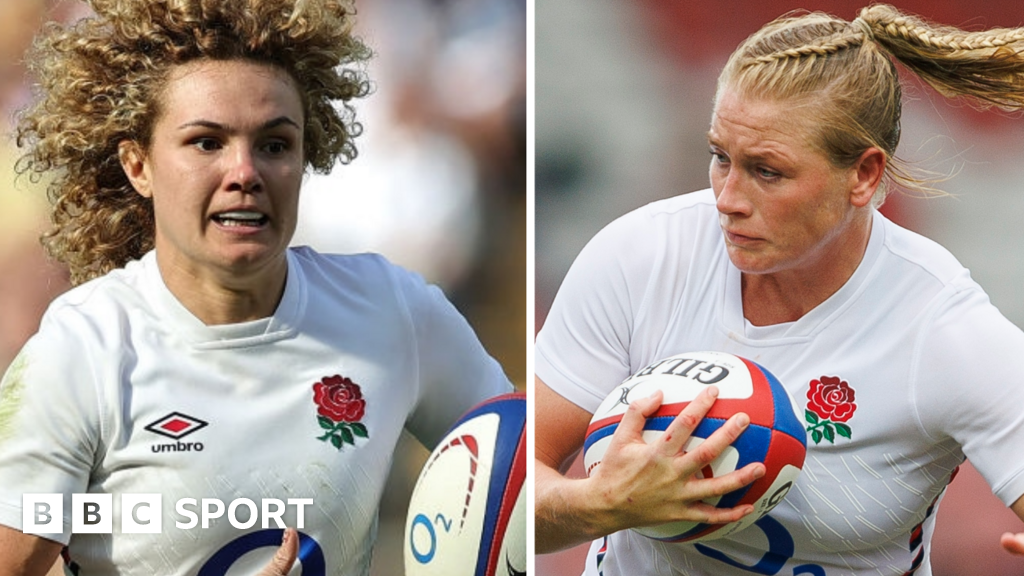UK Athletics wants a change in legislation to ensure the women’s category is lawfully reserved for competitors who are recorded female at birth.
The governing body says all transgender athletes should be allowed to compete with men in an open category.
Chair Ian Beattie said the governing body wanted athletics to be a “welcoming environment for all”, but added it had a responsibility to “ensure fairness” in women’s competition.
“We would appeal to all those engaged in this discussion online to share their thoughts in a way that is respectful of the differing opinions and sensitive nature of the debate,” said Beattie.
UKA disagrees with the use of testosterone suppression for transgender women as there is “currently no scientifically robust, independent research showing that all male performance advantage is eliminated”.
UKA added it has seen “no evidence that it is safe for transgender women to reduce their hormonal levels by testosterone suppression”, and that there is “insufficient research to understand the effects on transgender women if such testosterone suppression is carried out suddenly”.
Therefore it would instead like to reserve the female category for those who were recorded female at birth and have not undergone transition.
UKA does not believe the ‘sporting exemption’ introduced in the Equalities Act of 2010 allows them to lawfully exclude transgender women in possession of a Gender Recognition Certificate from competing.
BBC Sport understands the government disagrees with UK Athletics’ stance that the law does not allow it to ban transgender women from female events on fairness grounds.
It believes the 2010 Equality Act does allow sports to protect the female category.
Last year, British Triathlon became the first British sporting body to establish a new ‘open’ category in which transgender athletes can compete.
UKA’s stance contrasts with that of World Athletics, which has proposed continuing to allow transgender women to compete in female international track and field events.
The world governing body has said its “preferred option” was to tighten the sport’s eligibility rules, but still use testosterone limits as the basis for inclusion.
A policy document suggesting the amendments to its transgender inclusion policy has been sent to World Athletics’ member federations as part of a consultation process before a vote next month.
British shot putter Amelia Strickler claimed the revised rules “would leave women at a serious disadvantage”, while long-distance runner Eilish McColgan said “a lot more work needs to be done” around the possible advantages of transgender women competing in elite female athletics.
Other sports have banned transgender women from participating in elite female competition if they have gone through any part of the process of male puberty amid concerns they have an unfair advantage.
In June 2022, World Athletics president Lord Coe welcomed the move by Fina – swimming’s world governing body – to stop transgender athletes from competing in women’s elite races if they had gone through any part of the process of male puberty, insisting “fairness is non-negotiable”.
Fina’s decision followed a report by a taskforce of leading figures from the world of medicine, law and sport which said that going through male puberty meant transgender women retained a “relative performance advantage over biological females”, even after medication to reduce testosterone.
Fina also aimed to establish an ‘open’ category at competitions for swimmers whose gender identity is different than their sex recorded at birth.
While such moves have been praised for protecting female sport, some critics have said these rules are discriminatory.
Olympic diving champion Tom Daley was “furious” at Fina’s approach, saying: “Anyone that’s told that they can’t compete or can’t do something they love just because of who they are, it’s not on.”
US winger and two-time World Cup winner Megan Rapinoe also criticised the exclusion of transgender women in some sports.
The Rugby Football League and Rugby Football Union also banned transgender women from competing in female-only forms of their games.
It followed World Rugby becoming the first international sports federation to say transgender women cannot compete at the elite and international level of the women’s game in 2020.



